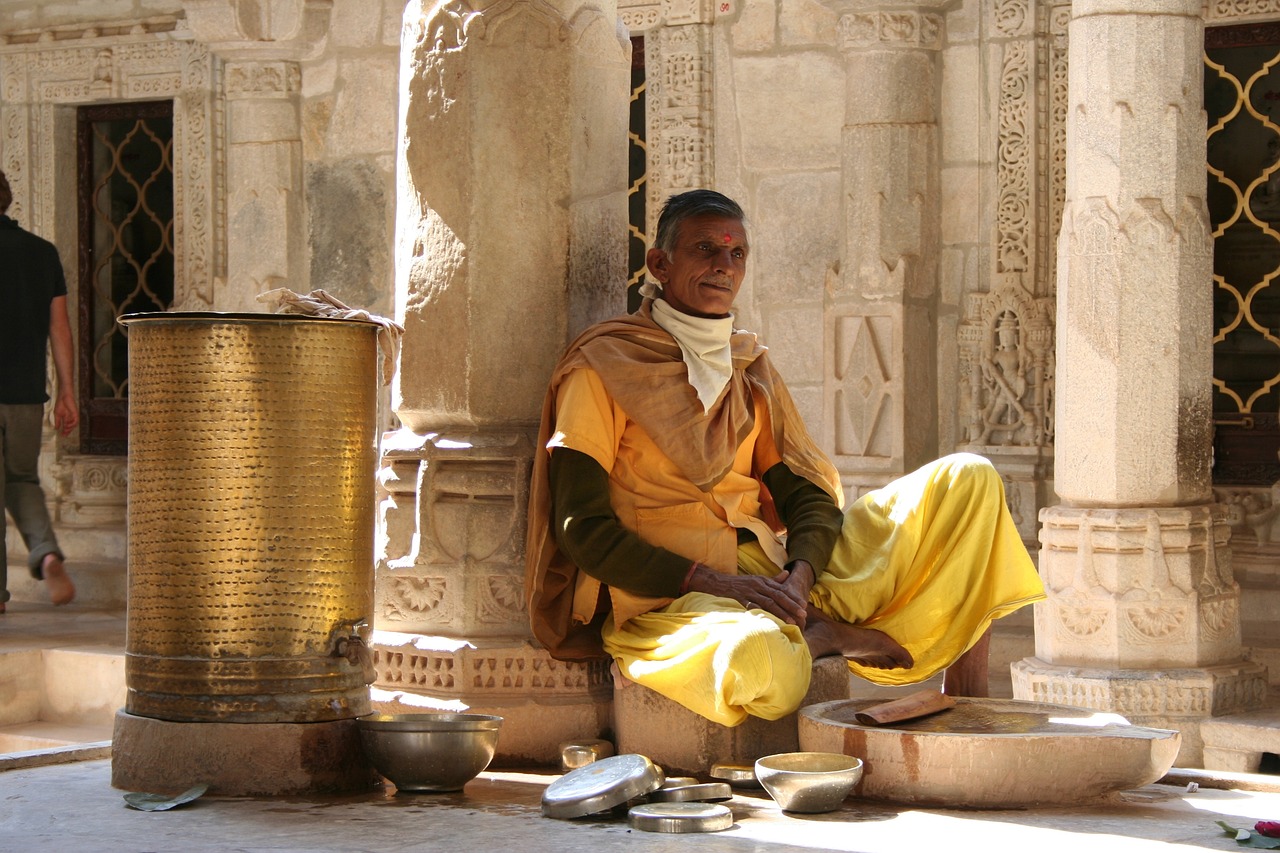The Role of Grassroots Digital Campaigns
11xplay pro, 24 betting login india, skyinplay live login: Engaging Voters Through Community Theatre
As we approach elections, finding ways to engage voters and encourage participation in the democratic process becomes crucial. One innovative and effective way to do this is through community theatre. By combining the power of storytelling with the shared experience of live performance, community theatre can bring people together, spark conversations, and inspire action.
In this blog post, we will explore how community theatre can be used as a tool to engage voters, mobilize communities, and promote civic engagement. We will discuss the unique benefits of using theatre for this purpose, share practical tips for organizing voter engagement events through theatre, and highlight successful examples of community theatre projects that have made a real impact on voter turnout and political awareness.
Why Community Theatre?
Community theatre has the power to reach people in a way that traditional political campaigns often cannot. By presenting political issues and candidates in a creative and engaging format, theatre can make complex issues more accessible and relatable to a broader audience. Theatre has the ability to evoke empathy, provoke thought, and inspire action in a way that speeches and debates sometimes cannot.
Here are some key benefits of using community theatre for voter engagement:
1. Accessibility: Theatre performances can take place in a variety of settings, from traditional theaters to community centers, parks, or even street corners. This accessibility makes it easier to reach a diverse range of people, including those who may not typically engage with traditional political campaigns.
2. Engagement: Theatre is a powerful medium for storytelling and can capture the attention and imagination of audiences in a way that other forms of communication may not. By presenting political issues through dramatic performances, theatre can stimulate dialogue, encourage critical thinking, and inspire action.
3. Community-building: Theatre brings people together in a shared experience, fostering a sense of community and solidarity. By participating in or attending a theatre performance, individuals can connect with others who share their concerns and values, building networks and relationships that can lead to collective action.
Tips for Organizing Voter Engagement Events Through Theatre
If you are interested in using community theatre to engage voters in your community, here are some practical tips to help you get started:
1. Choose relevant themes: Select topics or issues that are relevant to your community and resonate with the concerns of voters. Consider collaborating with local artists, activists, or community organizations to identify key themes and develop compelling narratives for your performances.
2. Collaborate with local talent: Engage local actors, playwrights, directors, and other theatre professionals to create and produce your performances. By working with local talent, you can ensure that your productions are authentic, inclusive, and reflective of the diversity of your community.
3. Create interactive experiences: Consider organizing interactive theatre events that invite audience participation, such as workshops, panel discussions, or Q&A sessions. By involving audiences in the creative process, you can enhance engagement and encourage active participation in political dialogue.
4. Promote inclusivity: Ensure that your theatre events are accessible to a diverse range of people, including marginalized communities, youth, and non-English speakers. Consider providing subtitles, sign language interpretation, or other accommodations to make your performances more inclusive and welcoming to all.
5. Measure impact: Evaluate the impact of your theatre events by collecting feedback from audiences, tracking attendance, and monitoring social media engagement. Use this data to assess the effectiveness of your initiatives and identify opportunities for improvement.
Successful Examples of Community Theatre Voter Engagement Projects
There are numerous examples of successful community theatre projects that have effectively engaged voters and promoted civic participation. Here are a few inspiring examples:
1. The Every Vote Counts Project: This initiative brought together a diverse group of artists, activists, and community members to create a series of short plays that explored the importance of voting and civic engagement. The plays were performed at local community centers, schools, and libraries, reaching a wide audience of potential voters.
2. The Citizens’ Theatre Project: This grassroots organization produced a series of interactive theatre events that invited audiences to role-play as citizens participating in a simulated election. Through these immersive experiences, participants gained a deeper understanding of the electoral process and learned how their votes can make a difference.
3. The Voices of Democracy Festival: This annual event showcases a variety of political-themed performances, including plays, musicals, and spoken word poetry. By bringing together artists and activists from diverse backgrounds, the festival creates a platform for creative expression and dialogue on pressing social and political issues.
FAQs
Q: How can community theatre help increase voter turnout?
A: Community theatre can engage voters by presenting political issues in a creative and accessible format, sparking conversations, and inspiring action. By participating in or attending theatre events, individuals can connect with others who share their concerns and values, building networks and relationships that can lead to collective action.
Q: What are some ways to make theatre events more inclusive?
A: To make theatre events more inclusive, consider providing subtitles, sign language interpretation, or other accommodations to ensure accessibility for all participants. Collaborate with local artists, activists, and community organizations to create productions that reflect the diversity of your community and resonate with a wide range of audiences.
Q: How can I measure the impact of my community theatre voter engagement projects?
A: To measure the impact of your theatre initiatives, collect feedback from audiences, track attendance, and monitor social media engagement. Use this data to evaluate the effectiveness of your events and identify opportunities for improvement.
In conclusion, community theatre has the potential to be a powerful tool for engaging voters, mobilizing communities, and promoting civic engagement. By harnessing the transformative power of storytelling and performance, theatre can inspire individuals to become more informed, active participants in the democratic process. If you are passionate about increasing voter turnout and fostering political awareness in your community, consider organizing a community theatre project to make a real impact.







